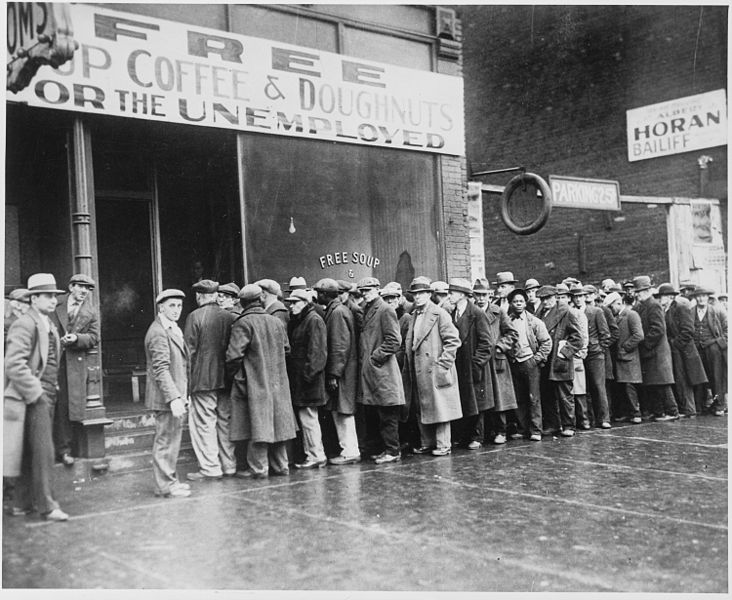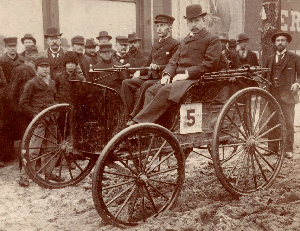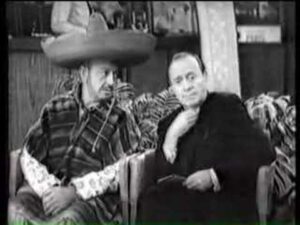
During the Great Depression of the late 1920’s and 1930’s, one of the most renowned criminal figure heads in America ran a charity. It was Al Capone’s soup kitchen for displaced workers in Chicago. But surely there’s more to the story than generosity.
Al Capone rose to infamy during Prohibition. As the head of a well organized crime syndicate that mainly focused on bootlegged liquor, prostitution and other illegal activities, he gained significant wealth and notoriety. However, due to the somewhat shady activities of his business ventures many people saw him in a less than perfect light. It was an image problem that he sought to resolve.
What was the reason behind Al Capone’s Soup Kitchen?
With his criminal activities in full swing and earning him a lot of money, it was difficult for Capone to connect with the average person on the street who was struggling. Capone recognized this, and realized that perhaps charity could solve his image problem with the down and out working class. That’s when Al Capone hit upon the idea of a soup kitchen. Maybe providing for the poor would clean up his image. After all, it worked for Robin Hood.
Al Capone’s soup kitchen reached out to the common people who had lost their jobs and were in need of charity. By providing free meals to the unemployed he showed, or at least he hoped it would show a softer side.







